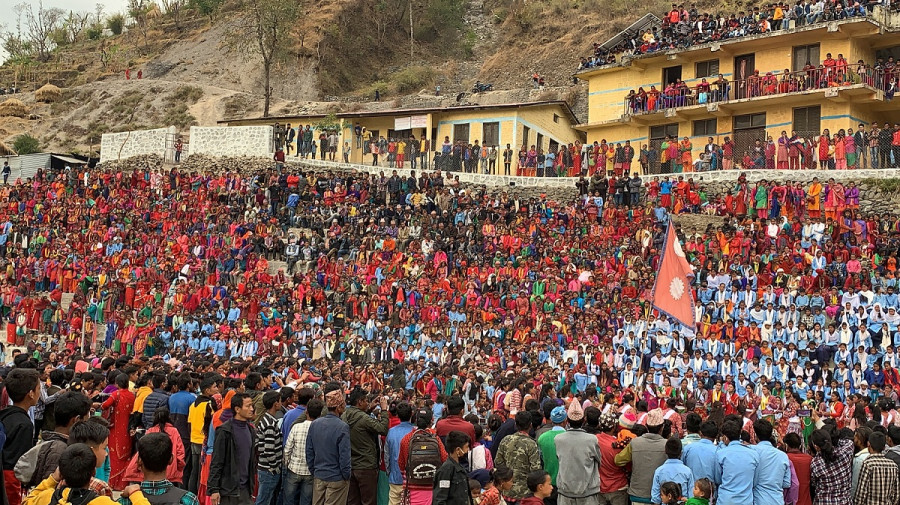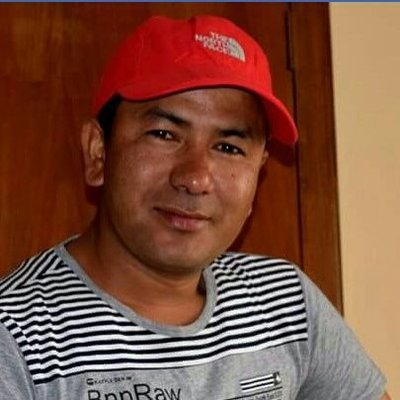Money
Every household in this remote Bajura village has a bank account
Khaptad Chhededaha Rural Municipality is the first in the country to earn the distinction.
Basant Pratap Singh
Surja Devi Rawat, a local of Khaptad Chhededaha Rural Municipality in remote Bajura district, is now the proud owner of a bank account.
And for no small reason. Located in Nepal's far west, Bajura lies at the bottom of the human development index; and for the residents of this most backward district in the country, opening a bank account is the first step into the modern world and a higher living standard.
“I decided to open a bank account after finding out that I could borrow money to start a business,” she said. “Not only me, all the people in my village now have bank accounts,” Rawat said.
“Access to banking has enabled us to deposit even a small amount of money. We also get some interest on the deposit,” said Rawat, describing her first experience of opening an account.
Every household in Khaptad Chhededaha has a bank account, making it the first rural municipality in the country to hold this distinction.
The availability of banking services in remote Bajura has allowed villagers to avoid local lenders who charge very high interest rates.
On April 14, 2019, the government announced a campaign to encourage people to open bank accounts under the slogan 'For the Country’s Prosperity, Let’s Open a Bank Account'.
The campaign was continued by the municipality, and it subsequently started a ‘one house one bank account’ drive.
The campaign resulted in 9,476 people from 3,234 households gaining access to financial services. The Chhededaha branch of Himalayan Bank also lent its support to the initiative.
On Saturday, the municipality organised a ceremony to declare its achievement.
Subhash Chandra Ghimire, director of the Dhangadhi office of Nepal Rastra Bank, declared Khaptad Chhededaha as the country’s first rural municipality where every household has a bank account.
“Financial literacy has increased among the residents of Khaptad Chhededaha rural municipality. Other rural municipalities should learn from it.”
Till one year ago, local trader Lal Bahadur Rawat was making day-long trips to the district headquarters at Martadi to conduct banking transactions. He is now happy as Himalayan Bank has opened a branch in his village, saving him the journey.
“For traders like us, it has become easy. For low-income people, it has been a boon as now they have been freed of the usurious interest rates charged by local lenders,” he said.
Kiran Rijal, chief of the Himalayan Bank branch in the rural municipality, said that banking access would make financial transactions transparent. It has made it easier for all households to send and receive money within the country or from abroad, he added.
Nara Bahadur Rawat, chairman of the Khaptad Chhededaha Rural Municipality, said that in the 84 years of Nepal's banking history, his village, which is located in the remotest part of the country and has the lowest human development index, had set a record. “Everyone in my village has a bank account now.”
According to Nepal Rastra Bank, commercial banks had set up branches in 749 out of the total 753 local units as of mid-January 2021. The figure was 745 local units one year ago.
There were 27 commercial banks, 19 development banks, 21 finance companies, 76 micro finance financial institutions and one infrastructure development bank in Nepal as of mid-January 2021.
Banks and financial institutions had 10,187 branches as of mid-January 2021, up from 9,765 in mid-July 2020.
Bagmati province, which encompasses the Kathmandu Valley, has the most bank branches in Nepal, with the number totalling 2,640. Karnali province has the fewest number of bank branches at 399.
Nepal’s banking history dates from 1937 when the first commercial bank, Nepal Bank Limited, was established in Kathmandu.




 9.7°C Kathmandu
9.7°C Kathmandu















